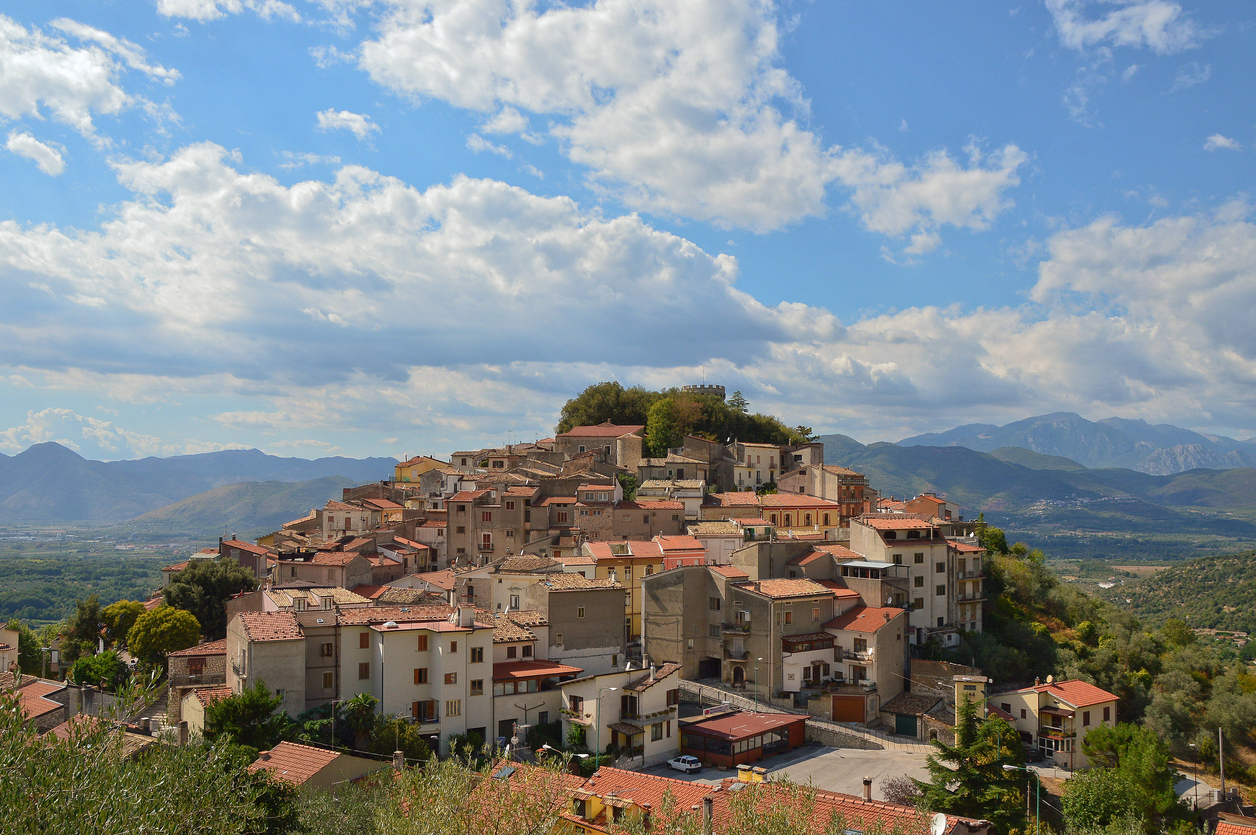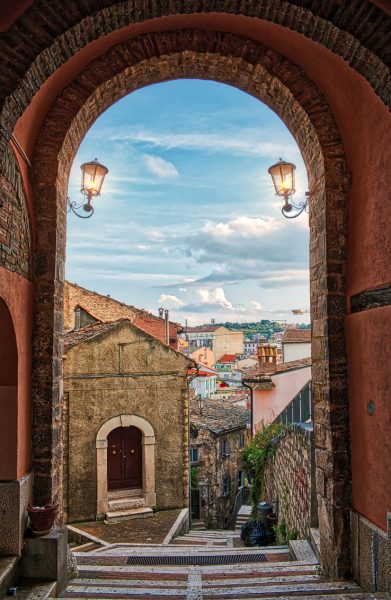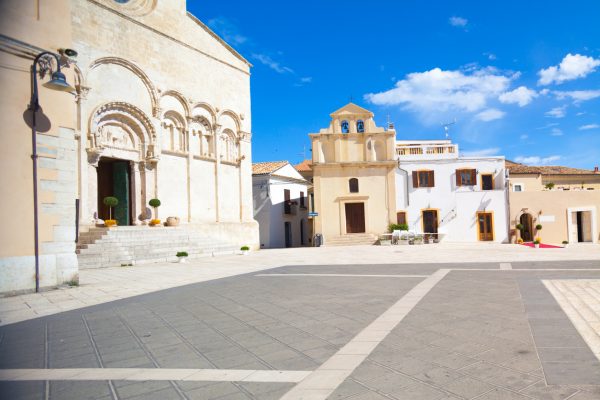An Underpopulated Region in Italy Will Pay You 25,000 Euros Just To Live There

Italy might have some of the most beautiful scenery in all of Europe. Its warm sun, ancient buildings and fabulous vistas capture the hearts and souls of millions of visitors every year.
In fact, the Italian expression “la dolce vita,” literally translated as “the sweet life,” describes to a tee the laid back, casual life so many areas in Italy are famous for. But even relaxation can become too much of a good thing, and the population numbers in Italy’s southern region have been declining steadily for years now.
So much so, in fact, that one area has dreamed up a unique way of enticing visitors to come, stay, and earn money for living in one of Italy’s many quaint villages.
The catch? (You knew it was coming, right?) The catch is that to earn 700 Euros each month for three years, one must set up a business of some kind that helps contribute to the local economy.

It could be anything from a cafe to a bookstore to a marketing company, but it must offer something new and of interest to the district. Another goal, although not stated, may be that officials hope new residents contribute to an ageing, declining population by having babies and raising large families.
The area in Italy offering this unusual approach is called Molise, a district that is made up of nine, separate villages. The other catch to getting the okay from the government is that the village one adopts must have fewer than 2,000 people living in it.
That’s not a challenge at all, because apparently folks are leaving the sparsely-populated regions of Italy in droves, usually for education, employment opportunities or to raise their families in bigger centres.
The government considered simply offering money to anyone who would move to Molise, but felt it smacked of being little more than a handout.
In an interview with the online publication the guardian.com recently, Molise president Donato Toma said, “If we (just) offered funding, it would have been (simply) yet another charity gesture.” That, he continued, was not want the government wanted, nor did it feel it was smart in the long term.
Italy is enduring a rapid decline in population figures more than any other European nation. The entire region of Molise has only 305,000 residents, according to the Italy’s National Institute of Statistics. Furthermore, the country’s population is expected to fall even further over the next five years — and it’s the only European country in that predicament.

In Molise, there have been absolutely no babies born recently in any of the nine villages, and since 2014, 9,000 people have left the region to live elsewhere. Clearly, Italy needs people, not just to open companies but to help establish new, vibrant communities all over the nation.
Although Molise is unique in its approach to enticing new residents to its villages, other places in Italy have come up with strategies to lure newcomers as well. Sicily and Suera are offering shelter and refuge to asylum seekers, and in some places, homes are being sold off for as little as one Euro, just to get people to consider moving there.
It’s hard to imagine a country as beautiful and historic as Italy struggling to get people to its shores, people who want to form communities, open businesses, and enjoy the warm weather and unhurried lifestyle it is so famous for. Perhaps younger folks see greater opportunities in big centres, like Rome and Milan, and don’t want to live in the confines of small villages where they grew up knowing everyone.
But, it must be said, with people from places all over the world anxious to get to Europe to live free lives under democratic rule, in safe environments and peaceful neighbourhoods, it’s mystifying that Italy is undergoing this challenge. No doubt language barriers are a factor, as is the fear of the unknown we all experience when profound changes come calling.
Another Article From Us: Dumping Fukushima’s Radioactive Water Into Pacific ‘The Only Option’ Japan Says
But Italy has so much to offer — now, even a monthly salary in some areas — quelling those fears and tackling a new language seems like a smart move for many who lead otherwise desperate lives elsewhere. Molise has put out its welcome mat, so to speak; now the question is, who will cross the threshold and take up this offer of new beginnings?
